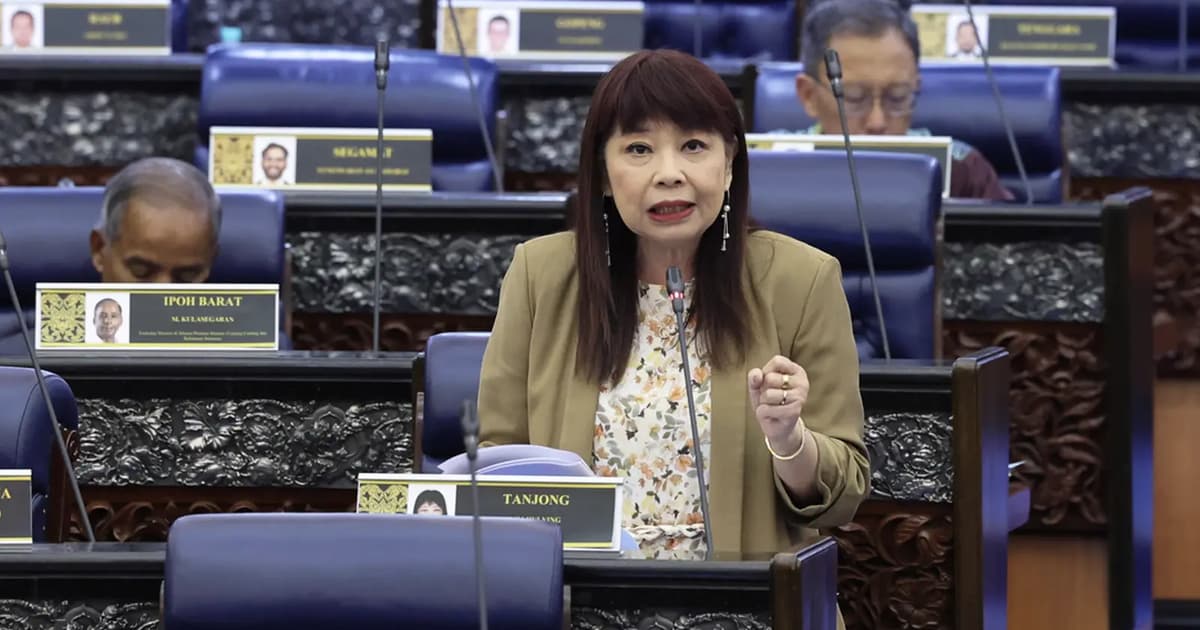
The government has no plans to introduce ring-fencing to guarantee minimum allocations for rural welfare and infrastructure programmes, such as roads, clinics, and hospitals, says deputy finance minister Lim Hui Ying.
She explained that such allocations were not fixed as the government has adopted a needs-based approach guided by prevailing priorities, including the availability of basic facilities and the socio-economic needs of each area.
“This approach allows national resources to be distributed more equitably and ensures they are responsive to the actual needs of people nationwide,” she told the Dewan Rakyat.
Lim was responding to a supplementary question from Ahmad Tarmizi Sulaiman (PN–Sik) about whether the government would implement a ring-fencing policy for rural welfare and infrastructure programmes.
He said this would ensure that deficit reduction efforts did not widen the urban-rural development gap.
Lim said her ministry and related agencies continuously prioritised rural projects and programmes – such as clean water supply, farm roads, health facilities, and cost-of-living aid for fishermen and farmers – within the nation’s fiscal capacity.
“This approach reflects the government’s commitment to fiscal discipline and inclusive development, ensuring no region or group is left behind in the country’s progress,” she said.
Lim also expressed confidence that the government would achieve its 3.8% fiscal deficit target for 2025 through ongoing reform initiatives, including the medium-term revenue strategy to strengthen revenue collection and a review of public expenditure to improve efficiency and effectiveness.
Malaysia’s fiscal deficit for 2024 was 4.1%.
To optimise public spending, she said, the government is implementing targeted subsidies for diesel and RON95 petrol, rationalising statutory bodies, and conducting a comprehensive review of expenditures across all ministries and agencies.






